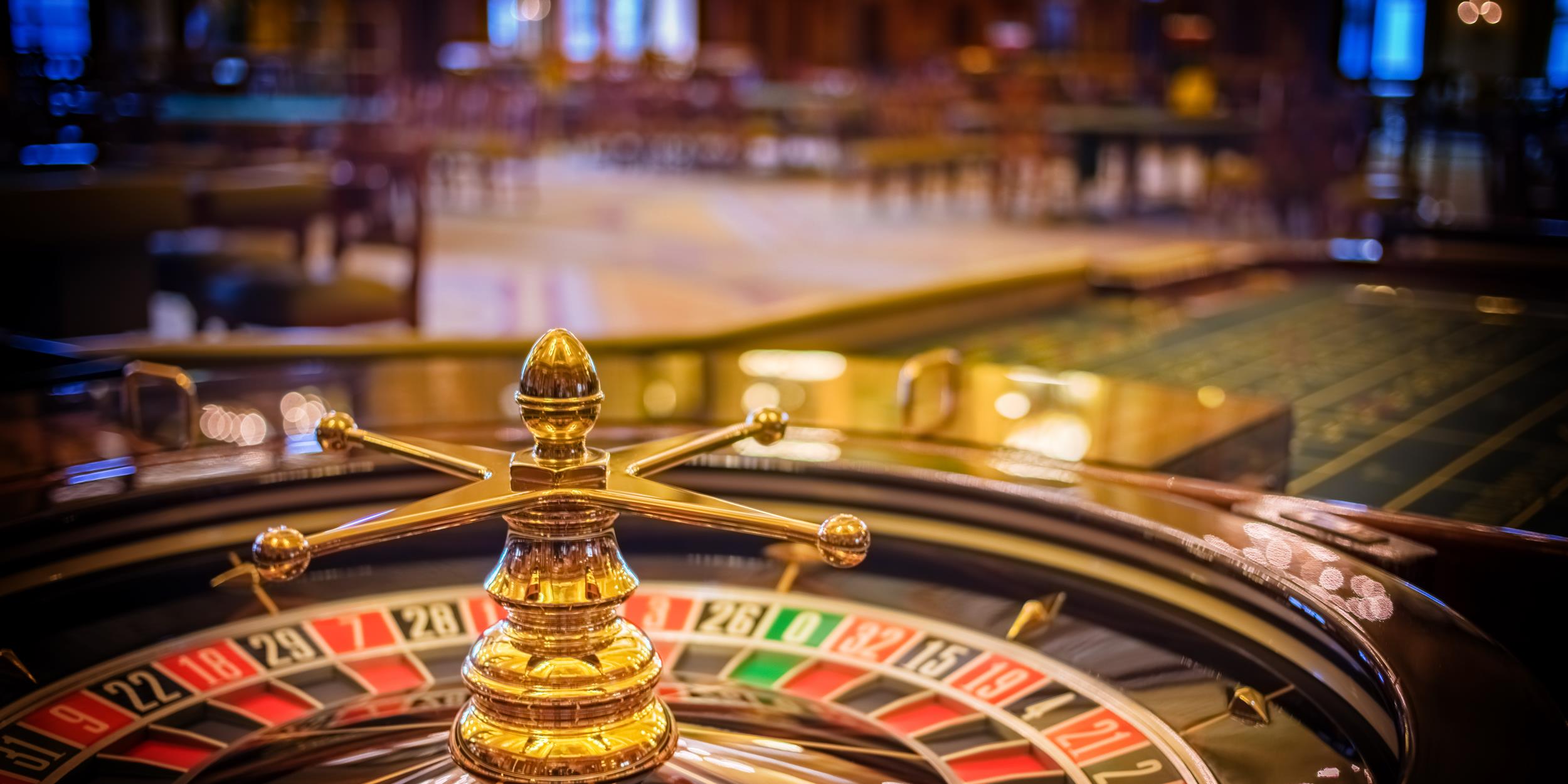
Gambling games have been a well of amusement and thrill for countless players around the globe. One of the key components that renders these games captivating is the diversity of cards employed in various types of games. Understanding the different kinds of cards can enhance your experience and refine your gameplay strategies. Whether you are drawn to traditional card games like poker and blackjack or modern casino offerings, each game relies on a distinct set of cards that affects the regulations and the flow of play.
In casino settings, cards appear in several styles, each tailored to meet the needs of specific games. From standard decks to custom card variations, the diversity plays crucial role in shaping the dynamics of each game. By familiarizing yourself with these cards and their applications, you can achieve more profound insights into the games and make more informed decisions at the table. This knowledge not only enriches your gaming experience but also contributes to a higher-level approach to your odds of winning.
Types of Playing Cards
When discussing casino games, the kind of playing cards used can significantly impact the flow of the game and strategy. The most frequent deck is the standard 52-card deck, which consists of four suits: clubs, and spades. Each suit contains thirteen ranks, from Ace to king. This standard deck is essential in numerous games, such as black-jack, where players aim to form the best hand possible or approach 21 as they can.
Some casino games use special decks specifically designed for those games. For instance, the well-known game of baccarat often uses multiple decks combined, typically six or 8. This not only increases the difficulty of the game but also impacts betting strategies, as participants must account for the higher number of cards in play. Additionally, some games may introduce joker cards or wildcards, providing further diversity and thrill to the gambling experience.
In niche games, specialized decks may come into play. For example, in games like bridge or pinochle, participants might use specific rules with varied card values or roles. These changes keep the gameplay new and allow for varied strategies to emerge. Understanding the various types of playing cards and their specific uses in different casino games is key to enhancing one’s gambling experience and boosting overall results at the tables.
Deck Modifications in Casino Activities
In gambling games, the type of set of cards used can significantly impact both the play and the tactics used by players. Most classic playing card activities, such as blackjack and five-card draw, typically use a regular 52-card pack. However, modifications do exist where additional jokers or even several packs are utilized. For instance, in 21, some casinos may use one to eight packs, which can change the odds and the basic strategy needed to play effectively. 69VN Participants must be cognizant of the set of cards composition, as it influences the house edge.
Another frequent modification in casino card activities is the use of themed or custom decks. For example, some poker games might use a set of cards that features unique graphics or patterns, which can enhance the environment at the gaming table. These custom packs often serve to differentiate between different play types or loyalty initiatives within the gaming establishment. While the traditional rules of the activity remain the same, the visual appeal can affect player involvement and enjoyment.
Lastly, the mixing methods used with different types of decks can also impact play. Casinos often utilize automatic mixing machines that can effectively reorder multiple decks efficiently, making hand counting more difficult. The rate and method of mixing can differ widely based on the activity and the casino’s rules. Comprehending these deck variations is important for any participant seeking to improve their game strategy and overall enjoyment in gaming activities.
Importance of Playing Card Values
In gambling activities, the value of every playing card plays a crucial role in determining the result of multiple activities. Various games assign distinct values to cards, affecting tactics and gamer decisions. For case, in 21, cards ranging 2 through 10 are valued at their actual worth, while face cards hold a value of ten, and the ace can be valued alternatively 1 or eleven. Comprehending these worths allows players to make informed choices during gameplay, boosting their odds of winning.
Similarly, in poker, the importance of playing card values extends to hands and combination rankings. High-value cards can form more powerful hands, such as two of a kind, straights, or flush hands, which are essential for triumph in the activity. Players must evaluate not only their own hand but also potential hands their rivals might hold. This tactical depth adds excitement and challenge, making card worths a central element in poker’s attraction. ĐĂNG NHẬP 69VN
Moreover, the mental element of card worths cannot be overlooked. Players may use the awareness of playing card worths to bluff or confuse their rivals. By grasping how a card’s value can change the game’s dynamics, players can more effectively handle risks and rewards, creating a thrilling environment in casino games. Whether competing for entertainment or for actual cash, knowledge of playing card worths significantly affects the overall playing encounter.